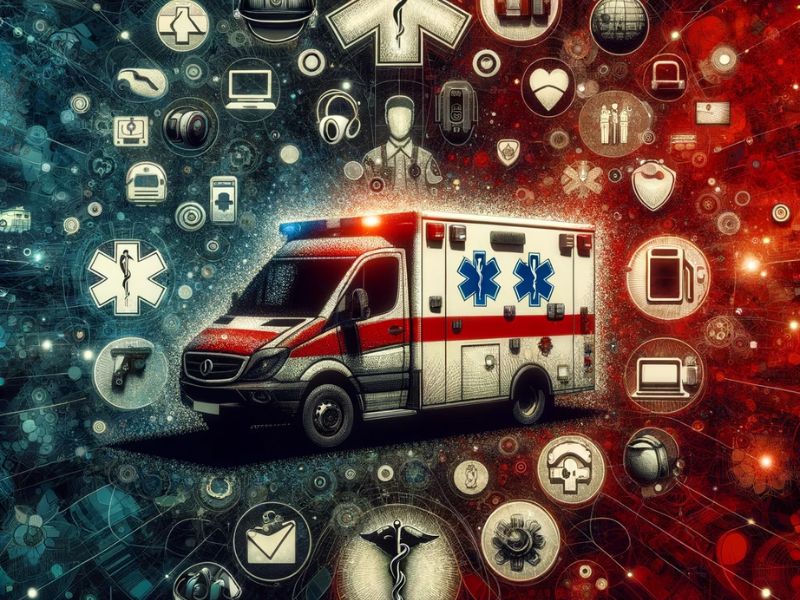

On the evening of January 4th, in Rome, at the Via Candoni nomad camp, the staff of a 118 ambulance was subjected to a brutal attack. Responding to an emergency call, the responders were assaulted with sticks. Fortunately, they managed to take refuge inside the vehicle, which was, however, vandalized, and its windows were shattered.
The attack resulted in injuries to the ambulance driver’s eyes due to fragments of glass from the windshield. The driver was initially treated at the Ophthalmic Hospital and then underwent further checks at Sant’Eugenio Hospital. Mario Balzanelli, President of the Italian Emergency Medical Services Society (Sis 118), highlighted the seriousness of the assault and the importance of taking concrete measures for personnel safety.
Balzanelli emphasized the importance of taking concrete actions such as official reporting in similar situations and the introduction of wearable cameras for first responders (bodycams). He also highlighted the need to provide specific compensation for environmental risk and to increase the number of vehicles and crews to avoid potential delays in emergency responses.
This incident reignites the debate on the safety of emergency personnel in Italy. The frequency of such attacks underscores the need for a more effective strategy to protect those who work daily to save human lives. These types of incidents are often documented within emergency rooms, but those operating on the streets face a significantly greater level of insecurity. In addition to the dangers associated with high-speed travel, working in often precarious conditions, and intervening in extreme situations, there is also a growing awareness that 118 personnel are seen as “venting outlets.” These types of risks, it is hoped, must be eliminated as soon as possible to allow healthcare workers to operate in total safety and tranquility, ensuring the continued safeguarding of public health.
Sources
